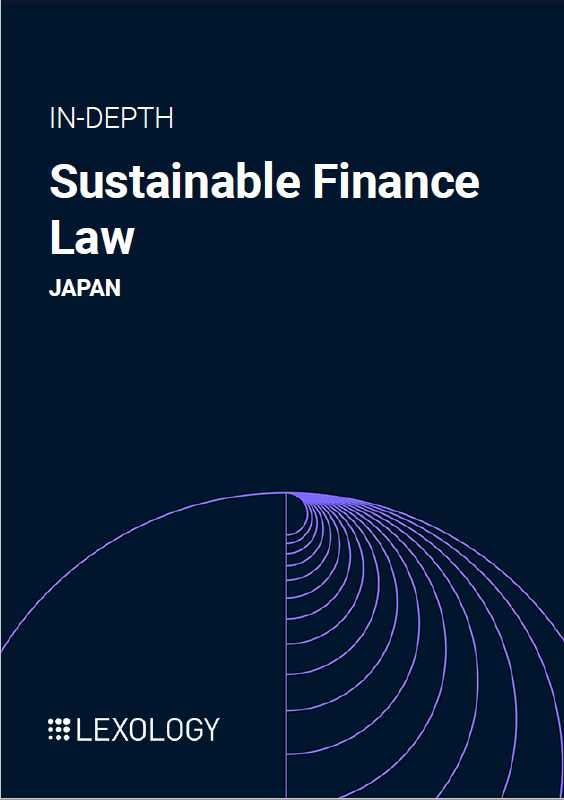
NO&T Asia Legal Review
Indonesia has acceded to the 1961 Hague Convention Abolishing the Requirement of Legalization for Foreign Public Documents (“Hague Convention”). The relevant local statute which gives effect to the Hague Convention is the Presidential Regulation No. 2 of 2021, which was followed by its implementing regulation namely the Regulation of Minister of Law and Human Rights No. 6 of 2022 (“MOLHR Regulation 6/2022”).
Currently, any documents to be used in Indonesia but signed outside the territory of Republic of Indonesia must be legalized in the Indonesian Embassy where such document is signed. This requirement not only takes time, but also adds extra costs to the entire process. The most common case is when an Indonesian company wishes to prepare a circular resolution of shareholders to adopt certain resolutions, and one or some shareholders are domiciled outside Indonesia. That shareholder must visit the Indonesian Embassy to have the documents legalized and deliver the legalized documents to Indonesia for preparation of notarial deed.
The MOLHR Regulation 6/2022 as the implementing regulation to enforce the Hague Convention will enter into force on 4 June 2022. Upon such enforcement, it is expected that the legalization for documents signed outside Indonesia will no longer be necessary. Under the Hague Convention, a competent authority appointed by a contracting state is responsible for issuing certificates (“Apostille”) which acts to certify the origin of public documents produced by that contracting states. Contracting states to the Hague Convention are obliged to accept Apostille as sufficient for the purposes of verifying the origin of a document.
The government of Republic of Indonesia has appointed the Ministry of Law and Human Rights (“MOLHR”) as the competent authority to issue the Apostille for documents signed in Indonesia to be used in other contracting states. According to the MOLHR Regulation 6/2022, the applicant of Apostille service shall submit an online application along with supporting documents (such as ID of the applicant) and the scan copy of document for which the Apostille is being requested. Having received such application, the MOLHR will conduct a verification of the application, and once verification is completed, the applicant will be requested to pay the official fees. Upon payment, the applicant will be notified electronically to collect an apostilled certificate and bring the document originally requested for apostilling.
For Singapore, which has also acceded to the Hague Convention, the competent authority to affix the Apostille is the Singapore Academy of Law (“SAL”). Thus, starting from 4 June 2022, documents signed in Singapore which are intended to be used in Indonesia will no longer need to be legalized by the Indonesian Embassy in Singapore, and can instead be used in Indonesia after the document has been certified by Apostille by SAL.
While the MOLHR Regulation 4/2022 is clear that now Indonesia has fully acceded to the Hague Convention, we expect that there will be a gap between the written regulation and implementation in practice during the initial period. Some Indonesian notaries may be reluctant to accept the Apostille issued by a competent authority of other contracting states, and still require the normal process (i.e. notarization and legalization). However, once fully effected and accepted, the Apostille process will ease doing business in Indonesia.
This newsletter is given as general information for reference purposes only and therefore does not constitute our firm’s legal advice. Any opinion stated in this newsletter is a personal view of the author(s) and not our firm’s official view. For any specific matter or legal issue, please do not rely on this newsletter but make sure to consult a legal adviser. We would be delighted to answer your questions, if any.


Chattong Sunthorn-opas, Thunsinee Sungmongkol (Co-author)


Ario Putra Pamungkas


Long Nguyen


Rashmi Grover


Chattong Sunthorn-opas, Thunsinee Sungmongkol (Co-author)


Ario Putra Pamungkas


Rashmi Grover


(December 2024)
Hiromi Hattori, Yuichi Miyashita (Co-author)


Takashi Itokawa, Takahiro Kitagawa (Co-author)


Kenji Utsumi, Masatsura Kadota, Junji Yamanaka (Co-author)


(April 2025)
Akemi Suzuki, Shuichi Nishimura, Kohei Mano (Co-author)


Rashmi Grover


Takashi Itokawa, Takahiro Kitagawa (Co-author)


Kenji Utsumi, Masatsura Kadota, Junji Yamanaka (Co-author)


Rashmi Grover


Wataru Matsumoto, Kyosuke Ohno (Co-author)


Patricia O. Ko


Ngoc Hoang


Yuan Yao Lee


Chattong Sunthorn-opas, Thunsinee Sungmongkol (Co-author)


Patricia O. Ko


Ngoc Hoang


Yuan Yao Lee


Chattong Sunthorn-opas, Thunsinee Sungmongkol (Co-author)


Ario Putra Pamungkas


Yoichi Maekawa


Anastasia Jessica Maureen


Luciana Fransiska